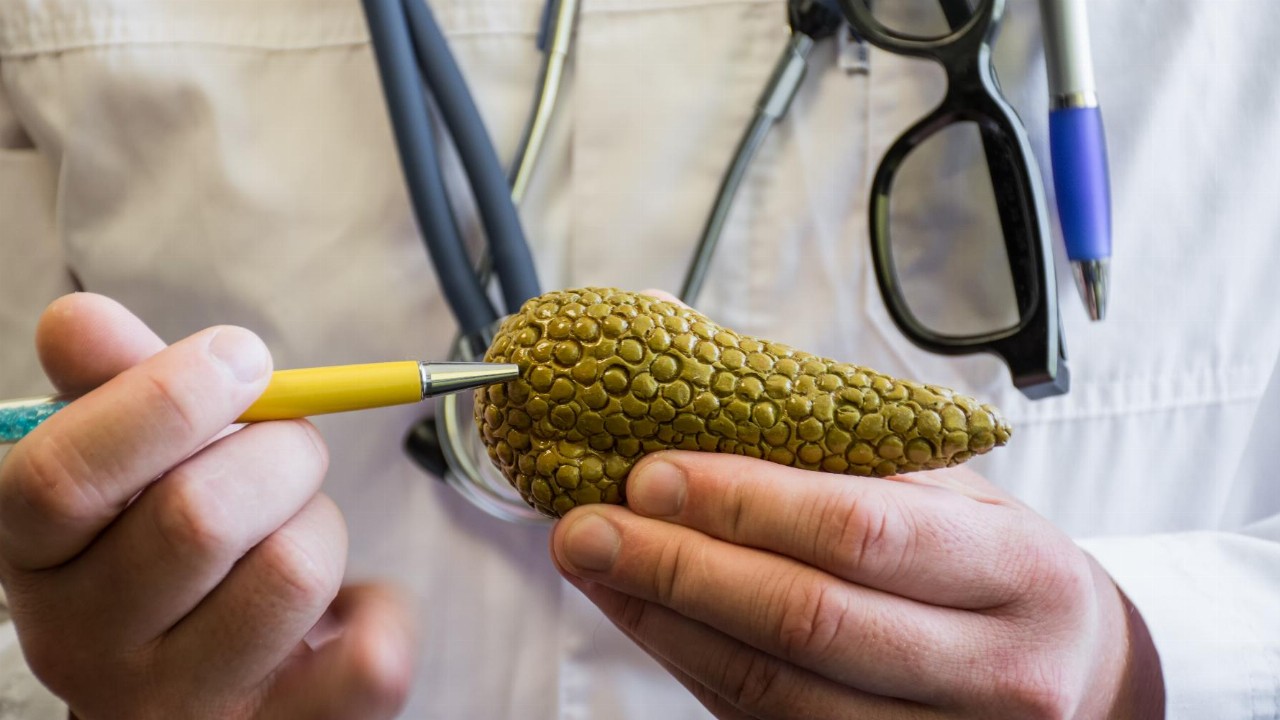- Bard1 Life Sciences (BD1) says preliminary data from collaborative research with Minomic International could help develop a diagnostic test for pancreatic cancer
- The disease often goes undetected until it is advanced or in the metastatic stage, due to the asymptomatic nature of early-stage pancreatic cancer
- The research found Bard1’s EXO-NET technology was able to capture tiny extracellular vehicles called exosomes from plasma samples, and that Minomic’s GPC-1 antibody would bind to cancer exosomes and not to healthy exosomes
- The Australian diagnostics company said the pilot results show the feasibility of using the combined technology to detect early-stage pancreatic cancer
- Shares last traded at $3.84
Bard1 Life Sciences (BD1) says preliminary data from collaborative research with Minomic International could help develop a diagnostic test for pancreatic cancer.
The disease has a five-year survival rate of 10 per cent and in Australia claimed 3300 lives last year. The poor survival rate is in part attributed to the fact that the disease often goes undetected until it is advanced or in the metastatic stage, due to the asymptomatic nature of early-stage pancreatic cancer
The research evaluated the use of Bard1’s EXO-NET exosome capture technology and Minomic’s GPC-1 antibody in conjunction.
Exosomes are tiny extracellular vehicles found in all fluid in the body and transport messages and molecules between cells and are increasingly the focus of diagnostics and drug delivery research.
Pilot results found EXO-NET was able to capture exosomes from plasma samples, and that Minomic’s GPC-1 antibody would bind to cancer exosomes and not to healthy exosomes.
“EXO-NET, is extremely efficient at capturing exosomes from patient samples with a high specificity, yield and speed (15 minutes) which compares well with competitive exosome isolation technologies,” said BARD1 Chief Scientific Officer Dr Peter French.
“Secondly, although only a small number of patient samples were tested, exosomes from pancreatic cancer patients displayed significant levels of GPC-1 protein compared to non-cancer patients, as indicated by binding of Minomic’s MIL-38 antibody.”
“Whilst further studies are needed to confirm sensitivity and specificity of an exosome-based GPC-1 test for pancreatic cancer detection, the data support the ongoing development of this technology,” he concluded.
These comments were echoed by Minomic Head of Research and Development Dr Douglas Campbell.
“It is exciting that this pilot study indicated that our anti-GPC-1 antibody, MIL-38, appears to specifically bind pancreatic cancer exosomes. This opens up new applications for MIL-38 which we are eager to explore.”
“The ease of use of EXO-NET means that an exosome-based diagnostic test is commercially viable, overcoming many of the barriers of current exosome isolation technologies in terms of scalability, isolation speed and high yield.”
Following the pilot research, BARD1 CEO Dr Leearne Hinch said the companies would pursue the development of a diagnostic test.
“Bard1 and Minomic are extremely pleased by this outcome and will discuss how to advance the project towards the development of an exosome-based GPC-1 test for early detection of pancreatic cancer to improve patient outcomes and survival for this important unmet need.”
Shares last traded at $3.84 at 10:17 am AEDT.







